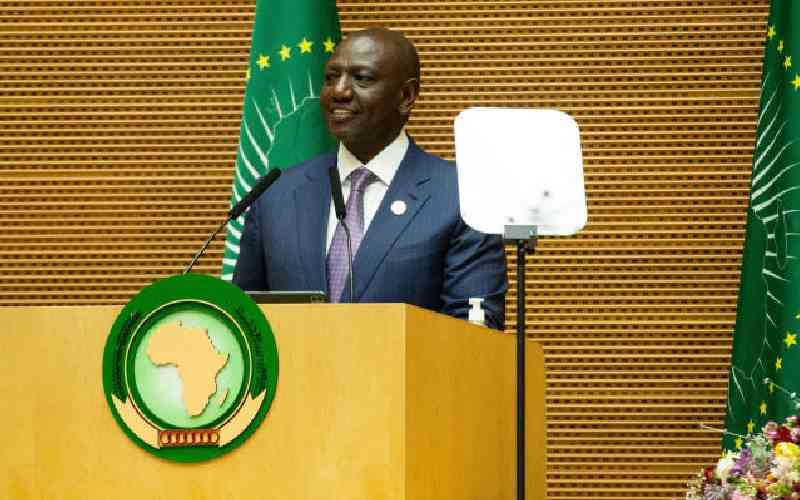×
The Standard e-Paper
Smart Minds Choose Us

Before the turn of the millennium, critics sneeringly referred to the Organisation of Africa Unity as the 'Old and Ugly' (OAU). The big man bug had bitten the overcast outfit to the core.
Those were the days OAU skulked when Ethiopia faced the worst famine in 1983, and when neighbouring Somalia was torn apart upon the fall of Said Barre in 1991.